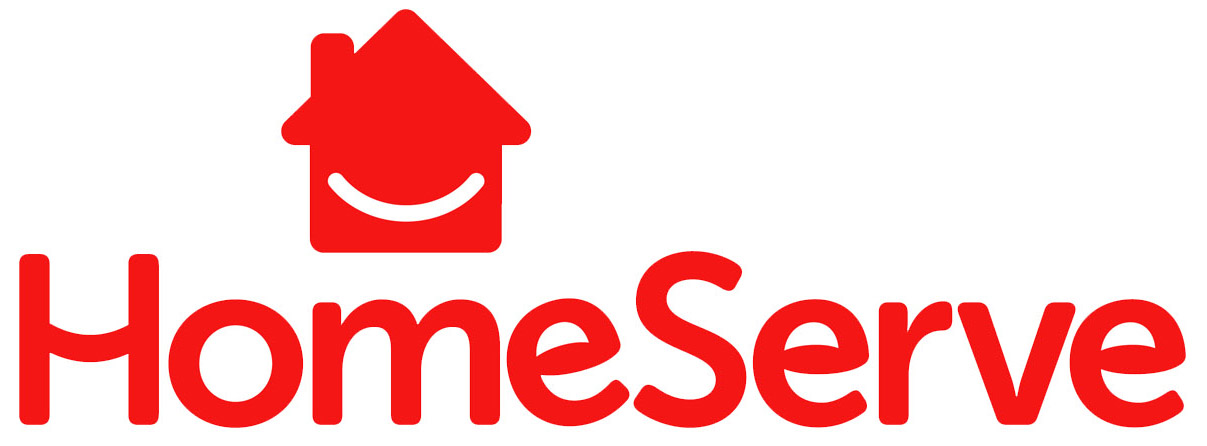In recognition of Fair Housing Month, Christie Myers, Managing Director of Opportunity Dallas, addresses the importance of fair housing policy and practice to vulnerable populations.
“Fair housing practices help people understand what it means to be a welcoming and vibrant neighborhood. The ideas, connections, and sense of pride that are found in diverse and open neighborhoods make a real difference, especially in the midst of tough economic times.*”
 It is a crammed household, eight people in a two-bedroom apartment. Her dad and two brothers on the couch in the living room. Her sister, brother-in-law and their two daughters on an air mattress in the single room. A freshman, entering high school, sharing a twin bed with her oldest niece. This is what it takes for some families to provide opportunity for their students to have the best chance at breaking the vicious cycle of poverty and providing the next generation with the hope of a better tomorrow.
It is a crammed household, eight people in a two-bedroom apartment. Her dad and two brothers on the couch in the living room. Her sister, brother-in-law and their two daughters on an air mattress in the single room. A freshman, entering high school, sharing a twin bed with her oldest niece. This is what it takes for some families to provide opportunity for their students to have the best chance at breaking the vicious cycle of poverty and providing the next generation with the hope of a better tomorrow.
After moving from California to Texas, because the cost of living had become so out of reach, Barbara and her family ventured to Northeast Dallas for the chance to break the cycle. Knowing little English, and nothing about the city of Dallas, basic research showed them their best bet was Northeast Dallas. Closely situated to downtown, Barbara and her family knew, this was their best shot.
Barbara walked in to Lake Highlands High School, ready for whatever was on the other side of the double doors. She embraced it and walked boldly into what she knew it would take to break the odds.
Living in close proximity to the high school, Barbara and her family had new-found ease. Access to transportation. Access to quality education. Access to food. Access to green space. Each element of living we all deserve.
Barbara and her family finally had access – but it was quickly removed when new development crept in and displaced her and her family due to the increased rent.
Barbara was not just a Lake Highlands High School student, she was the City of Dallas Youth Commissioner for Northeast Dallas. She worked closely with elected officials and stakeholders as she envisioned the future of her district. She saw growth and she engaged in what it would look like – even though it would soon displace her.
After sitting in a meeting with local elected officials, praising the new developments coming into the community, Barbara tapped me on the shoulder and said, “I love this, I love the growth in this community. But I feel like you need to know, my family and I had to move last month because our rent has increased so much. It doesn’t stop there, I am now entering my senior year and I am now outside of the boundaries for Lake Highlands High School.” Barbara was forced to move to a neighboring high school.
Fair Housing is the right to choose housing free from unlawful discrimination. Federal, state and local fair housing laws protect vulnerable populations from discrimination in housing transactions such as rentals, sales, lending and insurance. It is a process, put in place to support those who often do not have a voice. Housing, access to housing and policies to help promote growth and opportunity are what cities must remain rooted in as we, nationally, focus on how to build and expand neighborhoods.
Barbara’s family traveled across the country for the chance to have access. For the chance to break the cycle. For the chance to give it all so their children, Barbara and her sisters, could have a better future.
Fair housing for vulnerable populations requires more than a conversation, but a multi-pronged strategy of deployment. We must begin pushing for neighborhoods to understand the value of diverse neighborhoods. We must begin to understand how we use and apply land restrictions and policies, to focus on how we can best expand affordable housing options. We must be thoughtfully focused on how to invest in long-neglected neighborhoods, keeping the community at the table. Finally, we must be thoughtful in how we use tools to protect current neighborhoods from gentrification.
None of this is easy and none of this can happen in a silo. We, as cities and neighbors, must be committed to collaboration and how to maintain and develop strong neighborhoods across the country.
The effects of a financial shock, such as a repair or a sudden loss of income, can be devastating to homeowners on a fixed income, and there are currently over 43 million Americans living below the poverty line in urban and rural communities. Many in the middle class are also on shaky ground, with just one unexpected occurrence potentially causing their financial security to slip away. The NLC Service Line Warranty Program, administered by Utility Service Partners, Inc., a HomeServe company, partners with cities to help educate and protect homeowners from unexpected and potentially costly water and sewer line repairs and replacements. For more information on how you can offer this protection in your municipality please contact us.
In addition, the HomeServe Cares Foundation is committed to improving the quality of life of residents in communities across the U.S. This four-pillar Corporate Social Responsibility program includes pro-bono repairs for disadvantaged homeowners in vulnerable populations, grant funding for community-based projects, employment assistance for veterans transitioning from the military into skilled trades, and employee charitable giving and volunteerism. For more information please visit https://www.homeserveusa.com/sc/corporate-social-responsibility.
*Fair Housing Center of West Michigan, http://www.fhcwm.org/whatisfairhousing

